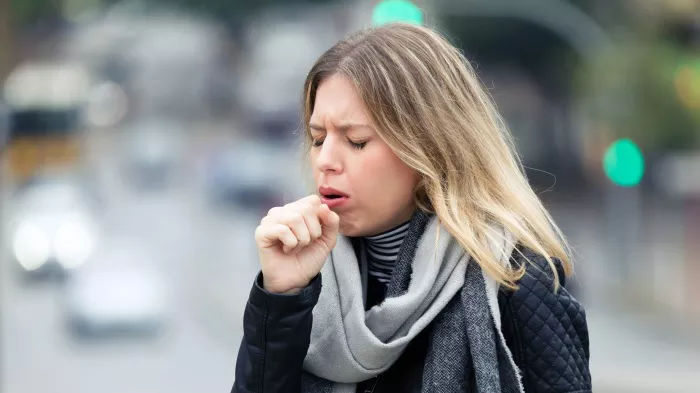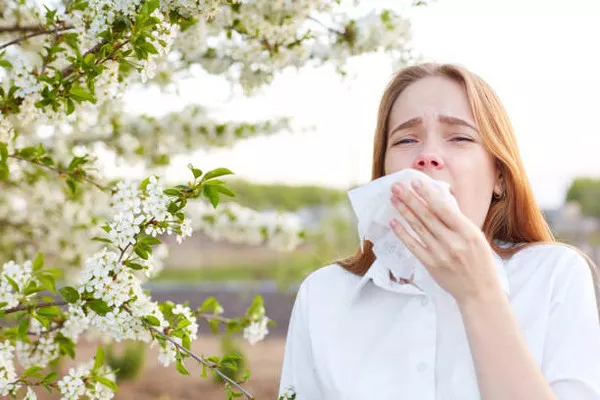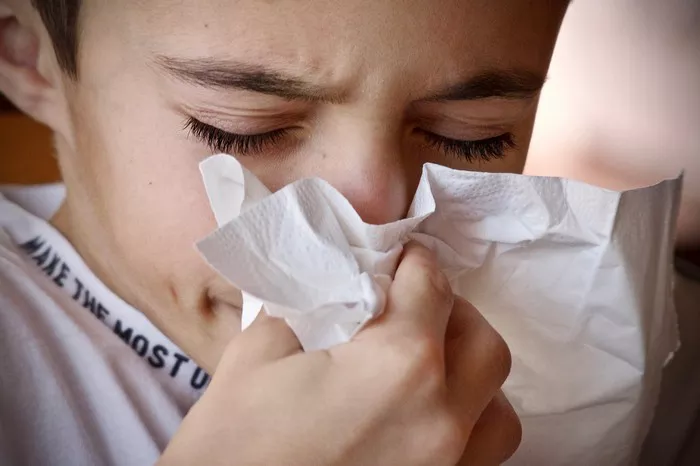Mold allergies can be a significant source of discomfort and irritation for many individuals, triggering a range of symptoms such as sneezing, congestion, itching, and respiratory issues. While avoiding exposure to mold is the best way to prevent allergic reactions, it’s not always possible, especially in environments where mold is prevalent. Fortunately, there are several effective strategies and treatments available to manage mold allergies and alleviate symptoms. In this comprehensive guide, we’ll explore the various options for managing mold allergies and improving quality of life for allergy sufferers.
Understanding Mold Allergies
Mold allergies occur when the immune system reacts to mold spores, which are tiny particles released by mold fungi as they reproduce and spread. Mold spores are present in both indoor and outdoor environments and can become airborne, leading to inhalation and allergic reactions in susceptible individuals. Common symptoms of mold allergies include:
1. Sneezing
2. Nasal congestion
3. Runny or itchy nose
4. Watery or itchy eyes
5. Coughing
6. Wheezing
7. Shortness of breath
8. Skin rashes or hives
In severe cases, mold allergies can exacerbate asthma symptoms and increase the risk of respiratory complications.
Avoiding Mold Exposure
The first step in managing mold allergies is to minimize exposure to mold spores as much as possible. While it’s challenging to completely eliminate mold from the environment, especially in humid or damp areas, there are several measures you can take to reduce mold growth and exposure:
Keep indoor humidity levels below 50%: Use a dehumidifier or air conditioner to control humidity levels and prevent mold growth in indoor spaces.
Fix leaks and moisture problems promptly: Repair any leaks or water damage in plumbing, roofs, or basements to prevent mold growth.
Ventilate bathrooms and kitchens: Use exhaust fans or open windows to improve ventilation and reduce moisture buildup in high-humidity areas.
Use mold-resistant products: Choose mold-resistant building materials, paints, and insulation to minimize mold growth in your home.
Clean and dry wet or damp areas promptly: Thoroughly clean and dry areas prone to moisture, such as bathrooms, kitchens, and basements, to prevent mold growth.
Remove indoor plants: Mold can grow in the soil of indoor plants, so consider removing them if you’re sensitive to mold allergens.
Limit outdoor exposure: Avoid outdoor activities, such as gardening or yard work, during peak mold season, which typically occurs in warm, humid weather.
Medications for Mold Allergies
In addition to minimizing exposure to mold, medications can help alleviate symptoms and improve quality of life for individuals with mold allergies. Several types of medications are commonly used to treat mold allergies, including:
Antihistamines: Antihistamines are a first-line treatment for relieving symptoms of mold allergies, such as sneezing, itching, and nasal congestion. Over-the-counter antihistamines, such as loratadine (Claritin), cetirizine (Zyrtec), and fexofenadine (Allegra), can provide relief from mild to moderate symptoms. Prescription-strength antihistamines may be necessary for more severe symptoms.
Nasal corticosteroids: Nasal corticosteroid sprays, such as fluticasone (Flonase), mometasone (Nasonex), and triamcinolone (Nasacort), can help reduce inflammation and nasal congestion associated with mold allergies. These medications are available over the counter or by prescription and are typically used daily for optimal symptom control.
Decongestants: Oral decongestants, such as pseudoephedrine (Sudafed) and phenylephrine, can help relieve nasal congestion and sinus pressure caused by mold allergies. These medications are available over the counter but should be used with caution due to potential side effects such as increased heart rate and elevated blood pressure.
Leukotriene inhibitors: Leukotriene inhibitors, such as montelukast (Singulair), can help reduce inflammation and symptoms of asthma triggered by mold allergies. These medications are available by prescription and are often used as adjunct therapy for individuals with asthma and allergic rhinitis.
Allergy shots (immunotherapy): Allergy shots, also known as immunotherapy, can help desensitize the immune system to mold allergens over time, reducing the severity of allergic reactions. Allergy shots are administered by a healthcare provider and involve gradually increasing doses of allergens to build tolerance.
Non-Medical Treatments
In addition to medications, several non-medical treatments and lifestyle modifications can help manage mold allergies and reduce symptoms:
Nasal irrigation: Nasal irrigation with saline solution can help flush out allergens and irritants from the nasal passages, providing relief from congestion and sinus symptoms.
Air purifiers: High-efficiency particulate air (HEPA) filters can help remove mold spores and other allergens from indoor air, improving air quality and reducing allergy symptoms.
Allergen-proof bedding: Encasing mattresses, pillows, and bedding in allergen-proof covers can help prevent exposure to mold spores and other allergens while sleeping.
HEPA vacuum cleaners: Vacuuming with a vacuum cleaner equipped with a HEPA filter can help remove mold spores and allergens from carpets, rugs, and upholstery.
Mold allergy masks: Wearing a mask when cleaning or working in environments with high mold exposure can help prevent inhalation of mold spores and reduce allergy symptoms.
Seeking Professional Help
If you’re struggling to manage mold allergies on your own or if your symptoms are severe and interfering with daily life, it’s important to seek professional help from a healthcare provider or allergist. A healthcare provider can perform allergy testing to identify specific allergens triggering your symptoms and recommend appropriate treatment options based on your individual needs and medical history.
In conclusion, managing mold allergies requires a multi-faceted approach that combines avoidance strategies, medications, and lifestyle modifications. By minimizing exposure to mold, using appropriate medications, and implementing non-medical treatments, individuals with mold allergies can reduce symptoms, improve quality of life, and enjoy better overall health and well-being. With proactive management and support, mold allergies can be effectively controlled, allowing individuals to live comfortably and confidently despite their allergies.
[inline_related_posts title=”You Might Be Interested In” title_align=”left” style=”list” number=”6″ align=”none” ids=”7317,7311,7308″ by=”categories” orderby=”rand” order=”DESC” hide_thumb=”no” thumb_right=”no” views=”no” date=”yes” grid_columns=”2″ post_type=”” tax=””]



































